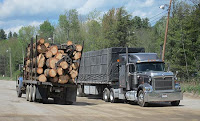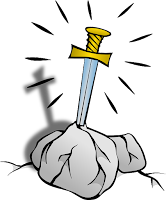Parshas Va’eschanan - Log Trucks and Vineyards

~ Thoughts on The Parsha ~ Parshas Va’eschanan Log Trucks and Vineyards By: Daniel Listhaus שְׁמַע יִשְׂרָאֵל ה' אֱלֹהֵינוּ ה' אֶחָד: “Hear, O Israel: Hashem is our God; Hashem is One.” - Va’eschanan 6:4 The Shema is one of the most fundamental passukim (verses) which children are taught from a very early age. After all, the first paragraph of Shema encompasses the concept of kabalas o l malchus shamayim (literally: accepting the yoke of the Kingdom of Heaven). [1] Furthermore the Yerushalmi [2] says that all of the aseres ha’dibros (ten commandments) are hinted to throughout the entirety of Shema . There is no doubt that the Shema is core to Judaism and represents all of B’nei Yisroel purely accepting the Torah and mitzvos under Hashem’s reign. This was in fact the declaration made by the Shevatim to Yaakov avinu stating their absolute commitment to Hashem and the Torah. [3] The Medrash [4] sta


